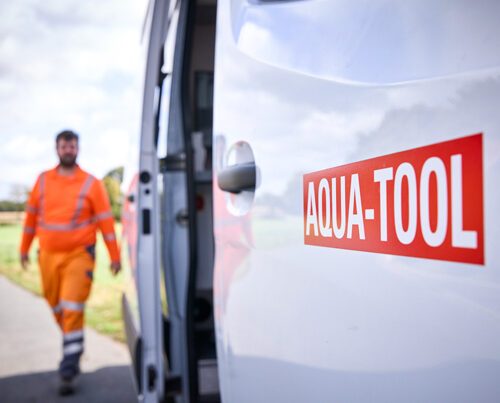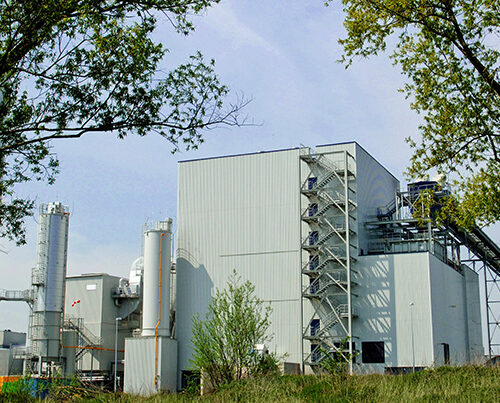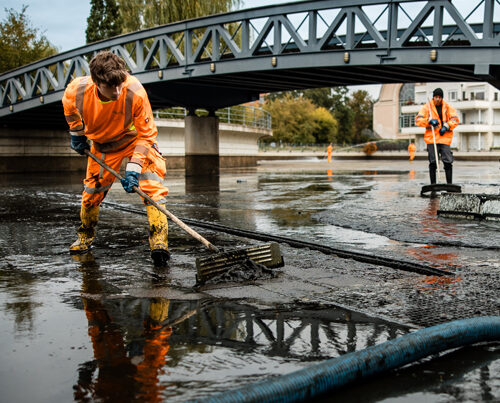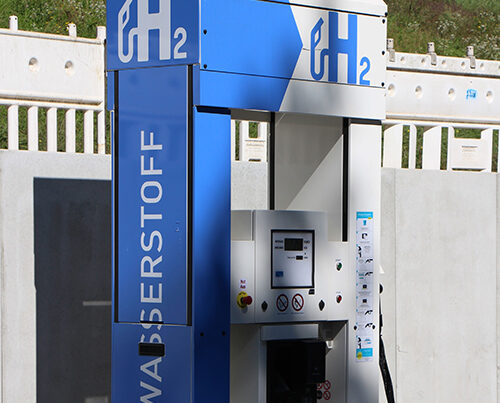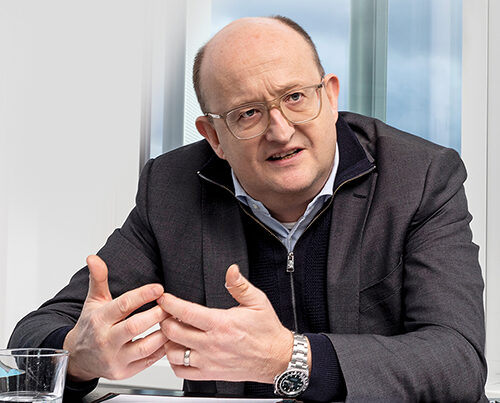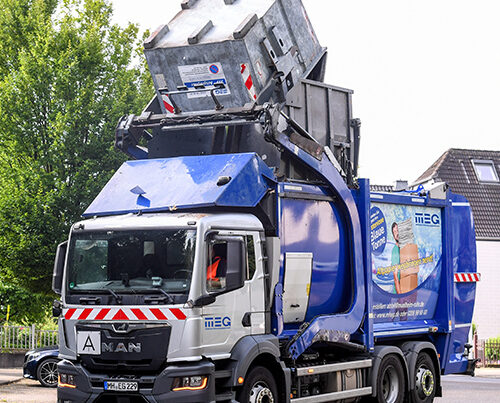Many have questions about segregating recyclables
Should drinks cartons be put into the paper bin or the recycling bin? What should I do with my jam jar lids? Many Germans are still not sure how best to separate their recyclables. NABU [German Nature and Biodiversity Conservation Union] has now set up an online search platform giving information about local waste advice centres so that people do not have to search the internet for hours on end or – even worse – throw their waste into the wrong bin.

Search results according to postcodes or towns
The results of the search engine are based on the data collected by NABU. Users can enter their postcode or home town to find out who is responsible for giving advice in their region and what options are available to them there to reduce and separate their waste. Over 500 waste advice centres run by local authorities and recycling companies across the country can currently be found on the platform. “Humans continue to be the most intelligent sorters. The way they separate their recyclables plays a crucial role in conserving natural resources and enabling valuable raw materials to be recovered for reuse,” stressed Herwart Wilms, a managing director at REMONDIS, who is all in favour of this latest online search platform. “It’s very important that local inhabitants have someone they can turn to so that they separate their waste correctly,” Herwart Wilms concluded.
The goal: to avoid contamination
Both local authorities and recycling companies are obliged by law to make it as easy as possible for local inhabitants to separate their recyclables as well as to encourage them to reduce the amount of waste they produce so that valuable reusable materials do not end up in the residual waste bin. The options available to local residents however differ greatly from region to region: “Not everyone in Germany has access to waste advice at the moment. On the one hand, there are regions with some really interesting offers, such as crockery hire services and second-hand shops, while on the other, there are councils and firms that simply provide information about fees and bins. Things really need to change here,” explained Verena Bax, NABU resource expert, who was involved in developing this online search platform.
“Humans continue to be the most intelligent sorters. The way they separate their recyclables plays a crucial role in conserving natural resources and enabling valuable raw materials to be recovered for reuse.”
Herwart Wilms, REMONDIS Managing Director
Minimum waste advice standards
If there is to be systematic, high quality recycling across the whole of the country, then both the government in Berlin and the state parliaments must set minimum standards regarding the quality of waste advice that must be given and ensure that waste law is implemented consistently throughout Germany. This must include promoting an exchange of information between the different waste advice centres and introducing uniform waste segregation schemes including the recycling bin. NABU and REMONDIS are very much in agreement here. “Today’s society is consuming an ever increasing amount of to-go, single-use and short life products. Add this to the growing volumes of municipal waste and it becomes clear that effective systems need to be in place to conserve our planet’s natural resources,” Verena Bax said, summing up the situation.
Have you got a question about how best to separate your waste? Find out who to contact here
Image credits: image 1: Adobe Stock: vegefox.com







